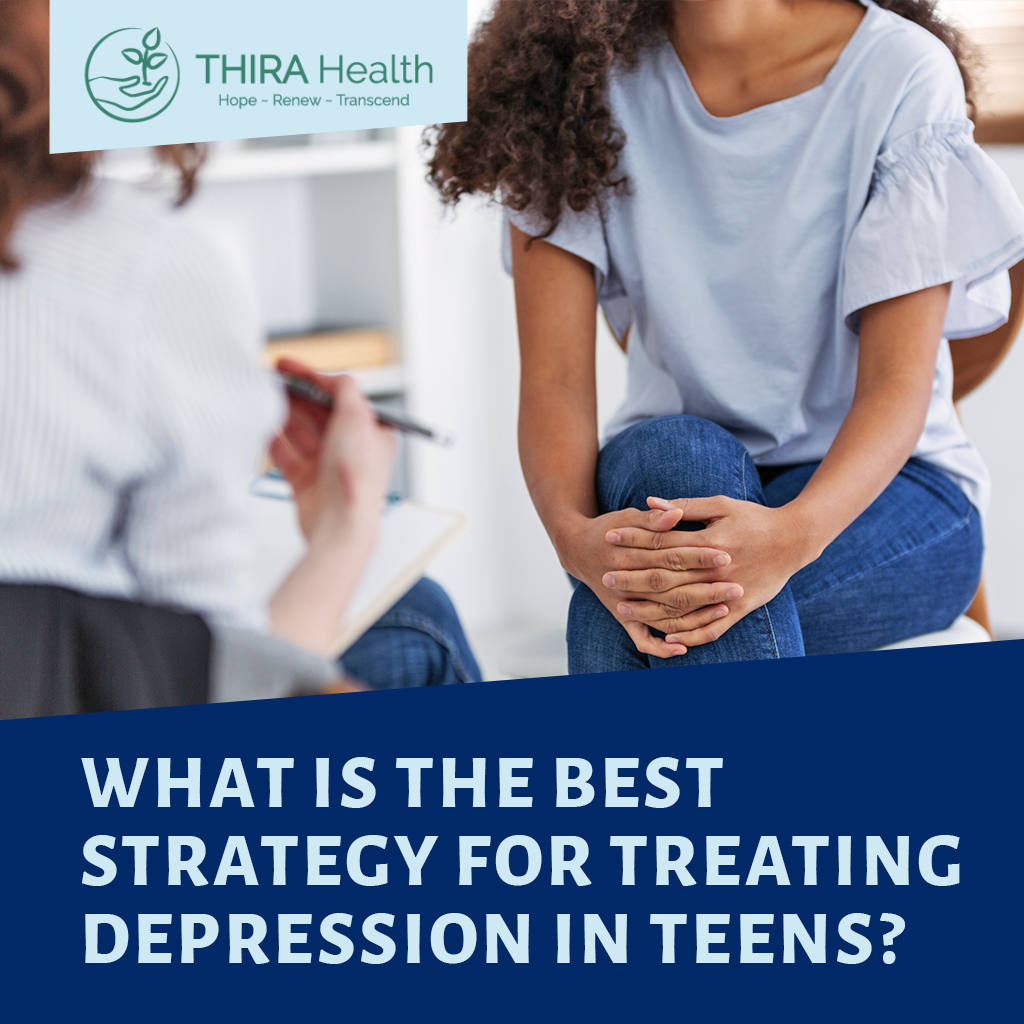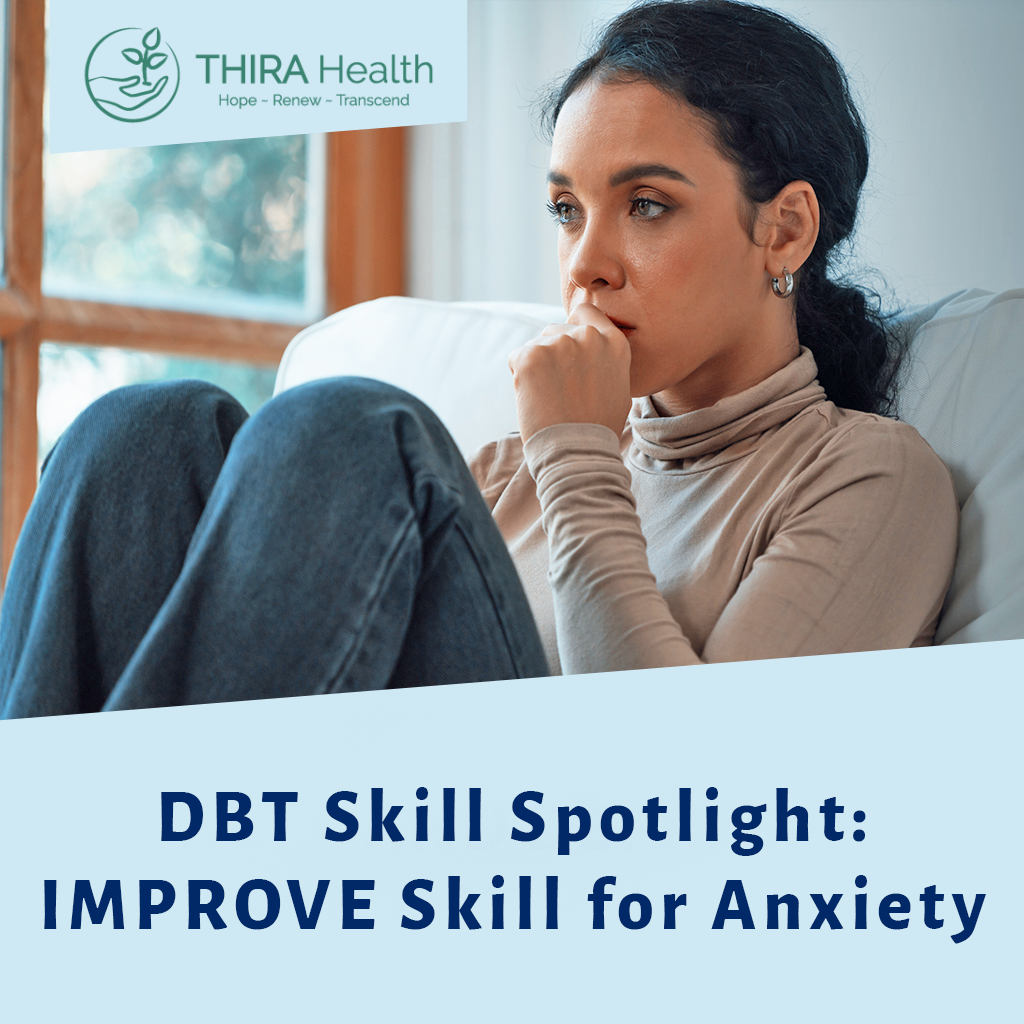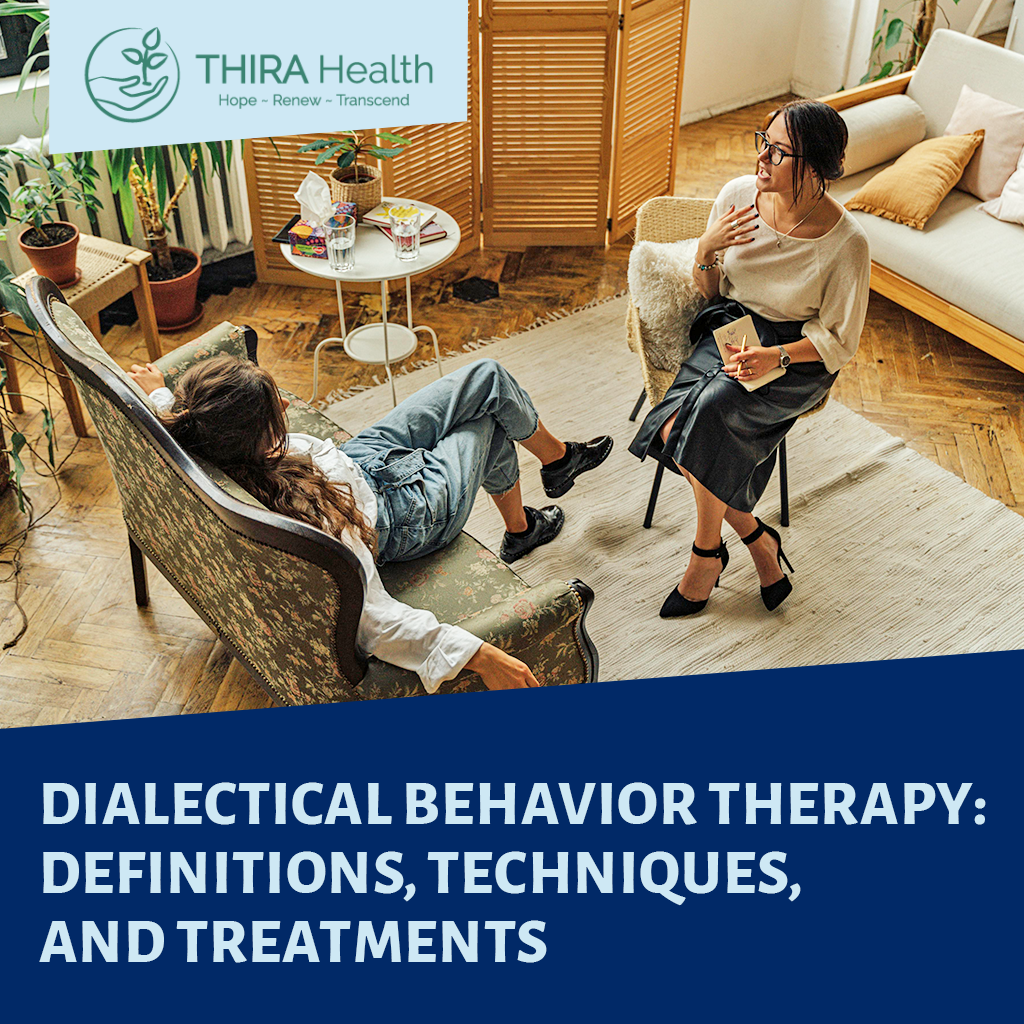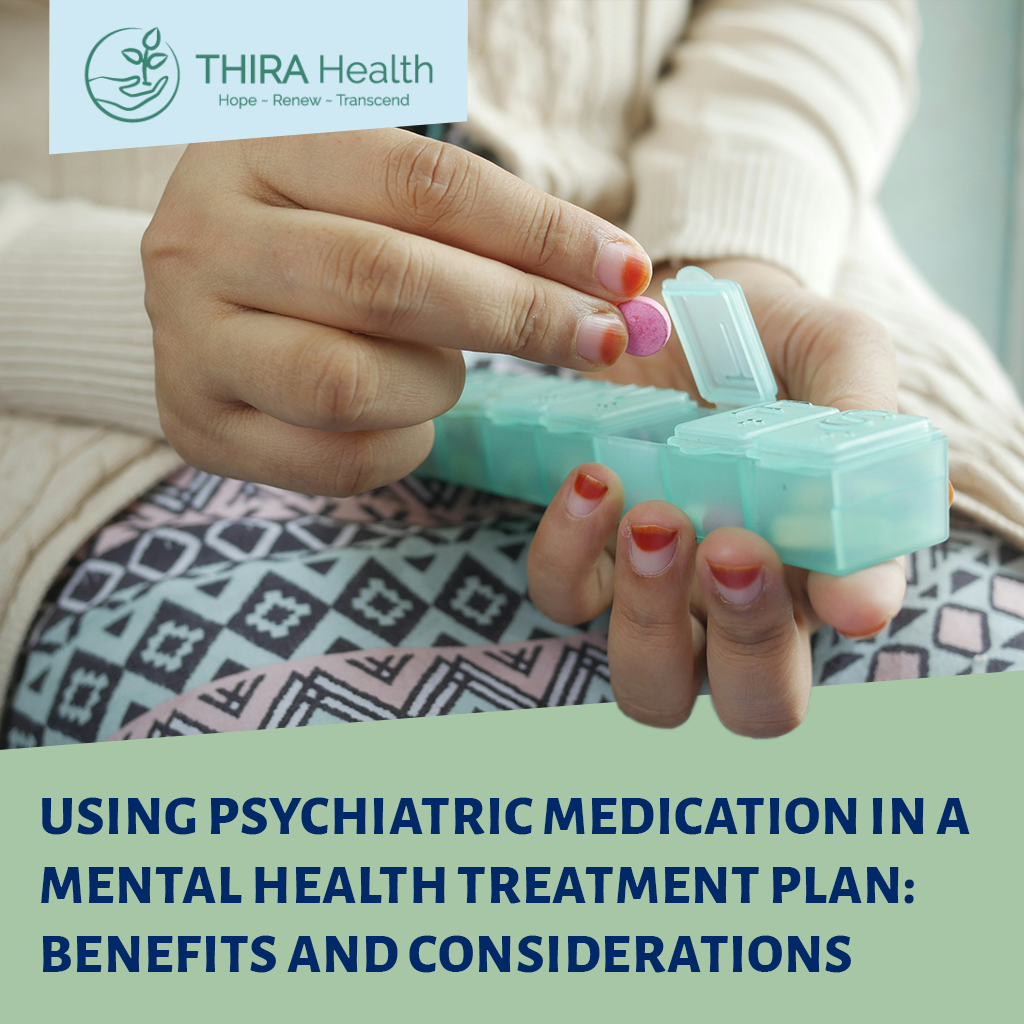The holiday season can be tough. The change in routine, expectations around gift giving, the increase in family visits and large get-togethers, the insistence on cheerfulness, and the opportunities to feel left out can all take a toll.
You may find yourself stressed and emotionally volatile, having a hard time setting boundaries around celebrations and gatherings. The increased expectations around the holidays can sharpen existing mental health struggles, making you feel numb, or out of control, or like you can’t do anything right.
You may be feeling like you need help to get through this time of year, and you aren’t alone. As many as 3 in 5 Americans feel their mental health is negatively impacted by the holiday season. It’s also something you can work to change. Consider mental health treatment at THIRA health, available to make the holidays, and every day, easier to navigate.
Dialectical Behavioral Therapy can help
Wouldn’t it be amazing if you could develop skills to help you navigate your emotions and let you set boundaries to protect your own wellbeing, skills that could make life worth living? Dialectical behavioral therapy offers exactly this, with substantial therapeutic support and skills training, so you can learn how to cope.
Dialectical Behavioral Therapy, or DBT, is a particularly effective treatment modality for mental health struggles. It can be used to treat depression, anxiety, eating disorders, borderline personality disorder, addictive behaviors rooted in trauma, and more. It focuses on learning and behavior change, offering specific skills to support people through stress and difficulty, such as navigating family politics around the holidays or handling the emotional ups and downs of a season of celebration.
Dialectical Behavioral Therapy is structured for support and success
DBT is first and foremost a behavioral therapy; it focuses on effecting change by helping people learn new ways of coping. It is specific, and goal-focused, offering realistic solutions that are attainable and gradual. DBT emphasizes making change, through practicing new skills that allow you more influence over how you think, act and feel.
DBT is a structured around four key pillars of care:
- Individual therapy
- Group therapy where DBT skills can be practiced interpersonally
- On-call/in-the-moment therapist support
- Group support for DBT therapists, to ensure quality of care
Each of these pillars of care builds on the strengths of the others, giving you a therapeutic space that supports all of you, wherever you may be on your road to healing.
DBT Skills are the core of change
Within each of the DBT treatment spaces, you’re asked to work through skills-building in four main arenas. Each of these arenas offers you skills to get you through what life throws your way.
DBT skills arenas include:
- Interpersonal effectiveness
- Emotional regulation
- Mindfulness
- Distress tolerance
You can probably see how these focus on skills in these specific areas can help during a potentially difficult holiday season. When expectations are higher and stresses are real, DBT can offer skills and space to create your own peace for yourself.
Prioritizing mental health care around the holidays
When considering DBT or other forms of mental health treatment, you must also consider the amount of structure and support you want from a program. This can be particularly important around the holidays, where you must weigh whether the increased stress of the holidays means you’d thrive best in residential care, a partial hospitalization program, or if you’d work best with the flexibility of an intensive outpatient program.
Residential care offers persistent support
Residential care allows you to live where you get mental health care. You get extra support throughout the day and night, and can offer yourself the space and time to focus on your needs and your treatment plan. Some blended residential care programs, like The Retreat at THIRA, allow you to live in a group setting that is separate from your place of care, but still offers you a space dedicated to focusing on your wellbeing.
Nutritional care and education, medication management, individual therapy, group therapy with patients who understand what you’re going through, and holistic treatment like art therapy, are all key aspects of residential care. The time commitment of residential care can be substantial, but the mental health benefits are too.
Partial hospitalization programs offer balance
Partial hospitalization programs, or PHPs, are mental health treatment programs with intensive treatment during the day, every day of the week. Patients can then go home in the evenings, allowing them the comforts of home balanced with the intensive care for their needs. A PHP is also a good first step in a graduated treatment program, where residents move on to intensive outpatient programs afterward.
PHPs offer the same nutritional support, medication management, and therapy offerings as a residential program, but allow a little more flexibility in terms of your access to your daily life.
Intensive outpatient programs offer flexibility
Intensive outpatient programs (IOPs) ask you to commit several hours of each weekday to treatment, but also allows for most regular day-to-day life activities like school or work. The flexibility of an IOP means mental health care can be more accessible, and its smaller commitment makes it a good fit for people who can’t, or don’t need to, participate in a residential or PHP treatment.
THIRA Health offers DBT in a variety of treatment programs
THIRA Health knows that, especially during the holiday season, mental health care is a critical source of strength for people. It can also be critical to get the right kind of care, on the right schedule, to either allow you space away from the pressure of holiday celebrations, or allow you to wrap your care around your holiday gathering schedule.
We offer residential treatment programs, a partial hospitalization program, and intensive outpatient programs, with a focus on dialectical behavioral therapy, along with other therapeutic modalities, that serve women, girls, and gender nonconforming individuals. Consider getting in touch with us today, to see which of our programs can best help you through the stress of the holidays.






